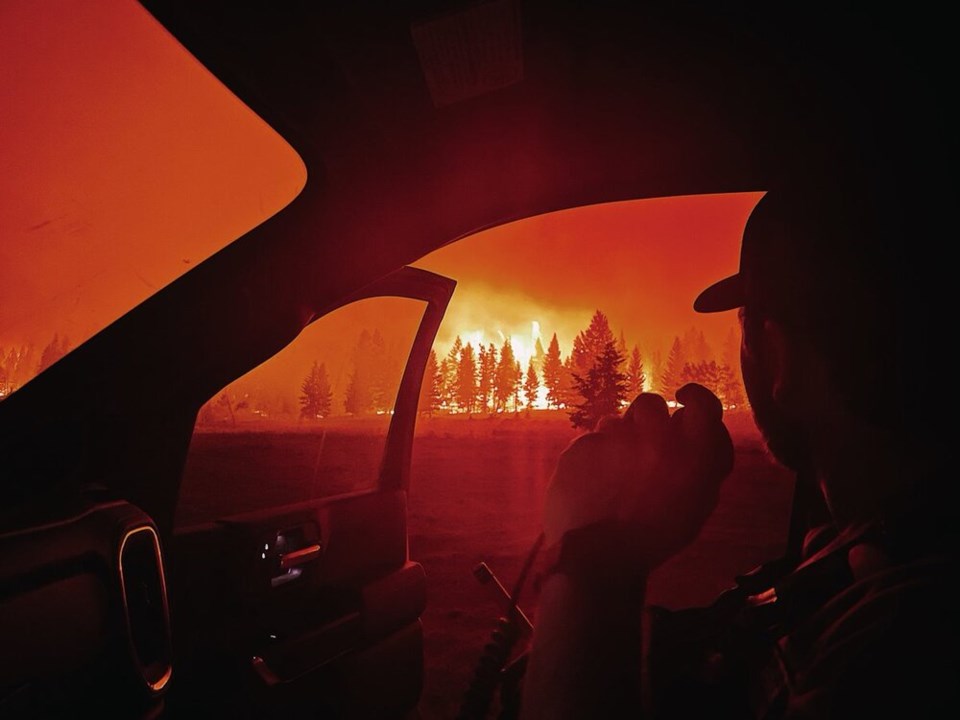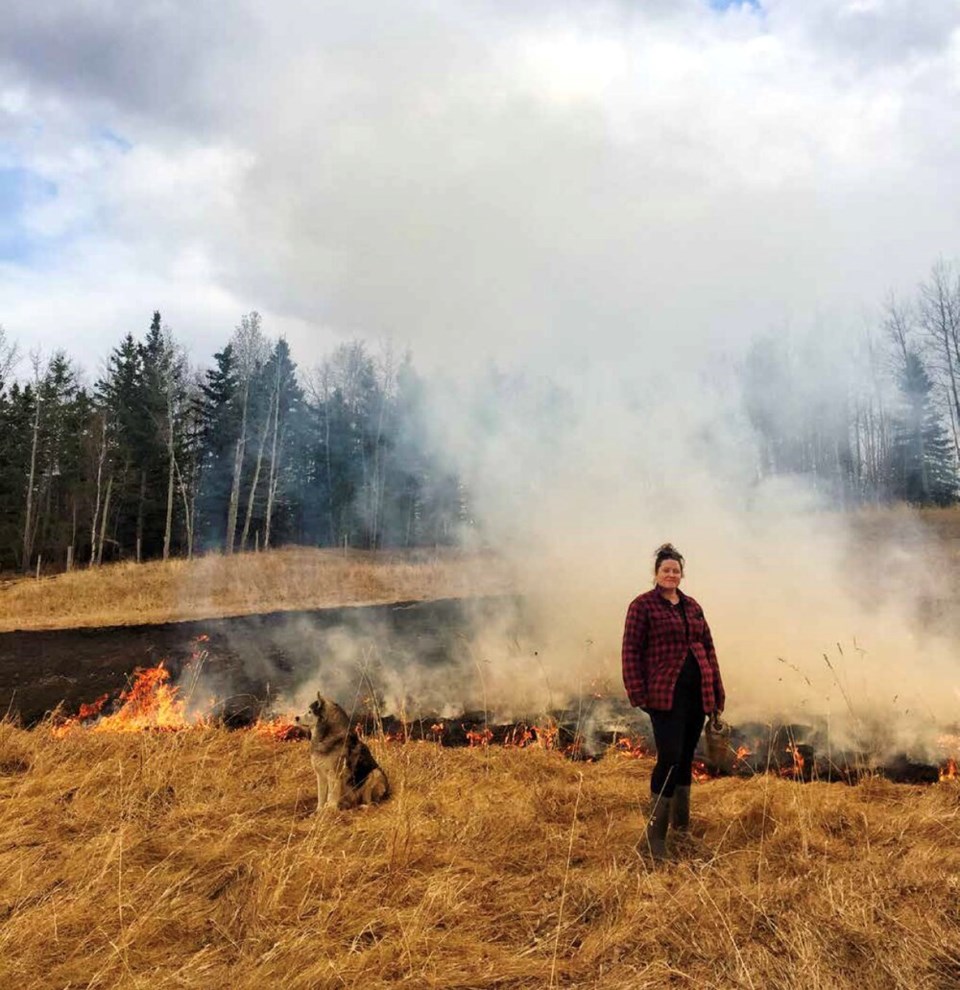 Even with the most ambitious efforts to curb greenhouse gas emissions, the world is expected to see a dramatic increase in the frequency of extreme fire conditions, researchers have foundBC Wildfire Service Even with the most ambitious efforts to curb greenhouse gas emissions, the world is expected to see a dramatic increase in the frequency of extreme fire conditions, researchers have foundBC Wildfire Service
Dozens of leading scientists around the world are warning of a global wildfire crisis over the coming decades as a warming planet ramps up the chance of increasingly devastating infernos.
In a landmark rapid response report published this week through the United Nations Environment Programme, over 50 experts from six continents warned, the heating of the planet is turning landscapes into tinderboxes, while more extreme weather means stronger, hotter, drier winds to fan the flames.
By the end of the century, the chance of a repeat of the huge Arctic fires that consumed Siberia in 2020 or Australia s Black Summer of 2019-2020 will climb on any given year by between 31 and 57 per cent, the report found.
It s very rare for people to come together on a report like this, said Amy Cardinal Christianson, a research scientist at the Canadian Forest Service and one of three Canadian authors.
We ve seen those projections of how much the temperature is going to increase. And I mean, if you re a fire researcher, you know that hot, dry weather in the summer basically adds fuel to dry fuel to fire events.
The report comes after B.C. suffered yet another devastating wildfire season.
Researchers have attributed the heat dome that enveloped Western Canada and the U.S. Pacific Northwest last June was made 150 times more likely because of planetary warming caused by humans. A day after the heatwave set a Canadian temperature record of 49.6 C in Lytton, B.C., the village was forced to evacuate as a wildfire burned through the town.
The global study collects a vast body of empirical evidence to back up its projections. In one case, it cites research showing that during the 2017 season, climate change was found to have increased the area burned by between seven and 11 times what it otherwise would have been.
The summer of 2017 will be remembered as one of the worst wildfire seasons in British Columbia s history, reads a government summary of a fire season that burned a record 1.2 million hectares.
It took only one season for that record to fall.
Other scientists have documented upward trends in burned areas across the forests of eastern Australia, Southeast Asia and the American West. The report says all of them are forecast to see an increase in extreme fire events by the end of the century. And in the Siberian Arctic, scientists worry the burning of peatlands, which store vast amounts of carbon underground, could release a so-called carbon bomb on the planet s climate system.
Even with the most ambitious efforts to curb greenhouse gas emissions, the planet will still experience a dramatic increase in the frequency of extreme fire conditions, says the report.
A THREAT TO MUTUAL AID, PUBLIC HEALTH
Steep increases in burned areas are also expected in Canada s Boreal forest and across Western Canada.
We re going to be seeing this big increase, and what that does is, in Canada, that really affects our ability to do firefighting, said Christianson.
We rely a lot during the summer on international support. And so if other communities are also experiencing big fire events at the same time, then you lose that.
By the time wildfires surge 57 per cent around the globe, wildfire suppression resources will be swamped like never before, she warns.
Some of the effects of increased wildfires are already being felt in hard to recognize ways. In B.C. s Interior, where wildfires burn every summer, but little industry exists, residents suffer some of the greatest fallout from air pollution in the country.
Between 2013 and 2018, the 10 census divisions in the country with the greatest exposure to fine particulate matter (PM2.5) were all in B.C. s Interior, according to a 2021 Health Canada analysis of the impacts of air pollution on human health.
Of those, half the census divisions were among the top 10 slices of the country with the highest per capita rates of premature death. That includes the town of Nelson, B.C., where last summer s persistent smoke led at least one doctor to clinically diagnose a patient with climate change likely a global first.
A lot of people in the Kootenays sort of thought that this would be a good place to hide out while the rest of the world falls apart. But it s, of course, hitting us here, just like it s hitting many places, and we re really seeing the impacts, emergency room doctor Dr. Kyle Merritt told Glacier Media at the time.
Christianson says the wide-ranging impacts on public health are only likely to increase as smokey skies become a permanent backdrop of summer.
But while the global wildfire report paints a dire image of the future, it also points to Canadian Indigenous peoples and their traditional burning practices as beacons to weather increasingly hot and dry summers.
 Amy Cardinal Christianson burns a cool fire on Treaty 6 territory in Alberta. Cultural burning off reserves is limited in Canada, but many experts say it s what s needed to prevent mega-fires. United Nations Environment Programme
Amy Cardinal Christianson burns a cool fire on Treaty 6 territory in Alberta. Cultural burning off reserves is limited in Canada, but many experts say it s what s needed to prevent mega-fires. United Nations Environment Programme
|